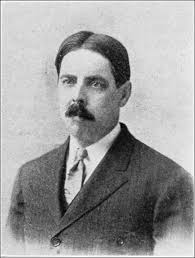Edward Thorndike [1874-1949] American     
Rank: 102
Psychologist
Edward Lee "Ted" Thorndike was an American psychologist who spent nearly his entire career at Teachers College, Columbia University. Intelligence, Education, Food, Knowledge, Learning, Nature, Science |  |